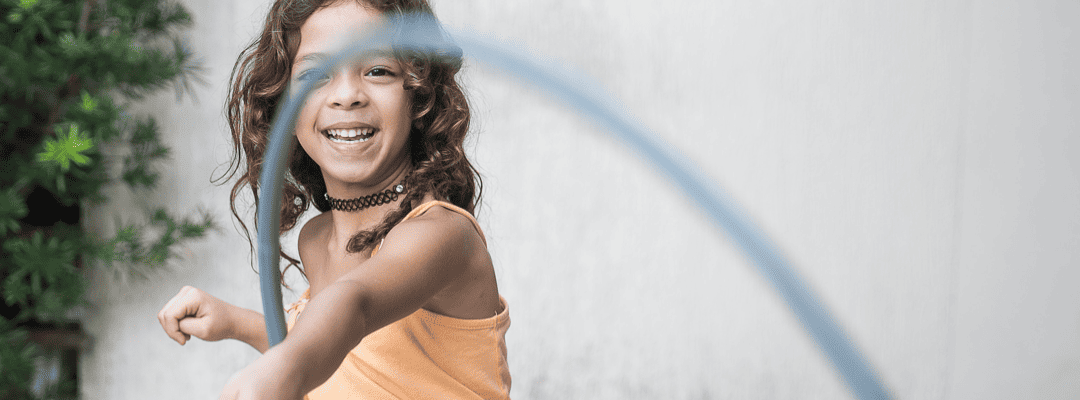
Let’s break it down to its simplest form. For you, for your family, for your child.
Maintain a (natural) routine.
A routine is something familiar that happens everyday. The familiarity of this routine feels safe and can help us feel grounded during a time that feels unsettled. It can be as simple as reading together before bed, or getting dressed after breakfast. Whether you choose one or choose 18, do what feels best for your family.
Get outside (if possible)
If you can get out for a walk, do it. If you can sit on your back steps, do it. If you can open your window and take deep breaths, do it. Whatever it looks like for you, try to connect with fresh air and nature in any way you can. Sometimes you don’t realize how much you need it until you try.
Focus on (everyone) staying calm
Easier said than done, I know. Let’s keep reminding ourselves that we are all experiencing stress and we all cope differently. Staying calm and connected won’t be easy but will help us all get through the days if we can do it! More on self-regulation here.
Don’t worry (too much) about academics
School looks different for all us right now. Learning looks different. Some of us are in full distance learning using the computer for hours of the day. Some of us are having calls or emails with the teacher to clarify expectations. Some of us are being sent links for our kids to access learning websites or tune into the television. And some of us are still working at essential jobs and feel lucky to have someone to keep our kids safe and fed. Try not to compare what you’re doing to what your neighbor or facebook friend is doing. Those pictures are a moment and your reality is a full day. More on handling academics here.
Take the opportunity to build (some) daily living skills
Learning happens in many ways. Are there ways your kids can get involved in chores at home? Pick and choose what works for you, though, knowing that it will likely not be to your standard. The goal is problem solving and to give your child an opportunity to feel like an important part of the family team. And maybe to have some control over what is happening at home. Aren’t we all looking for a little of that these days?
For more resources and tips as we are home-bound, please check out our resources—we are updating daily.




